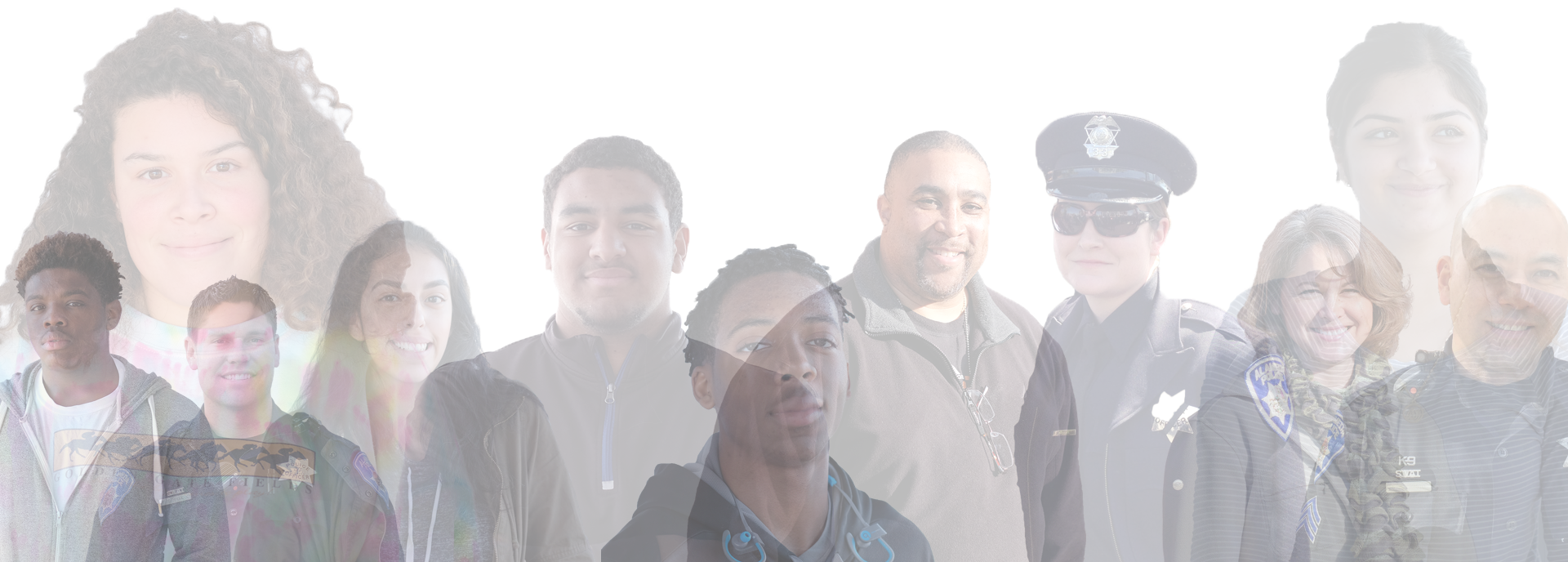





Although the city of Alameda is just over the bridge from San Francisco, residents brag that their city feels like “a small town, frozen in time.” With its picturesque, suburban lawns and its quaint shopping streets, Alameda does seem to move at a slower pace than its neighbors to the east and west (Oakland and San Francisco). Local craft shops sell tote-bags that read “Welcome to Alameda: Speed Limit 25mph Strictly Enforced.” That many residents take pride in their famously stringent traffic laws may speak to the “frozen in time” nature of the town.
While nearby cities like Oakland, Hayward, and San Francisco have been deeply embroiled in the discussions about policing and race currently raging in America, relations between police and residents of color here in the city of Alameda are notably less heated. However, these issues are certainly not absent and Alameda residents and police officers consume the same news – from viral videos of shootings to courtroom decisions on police brutality – as the rest of the nation.
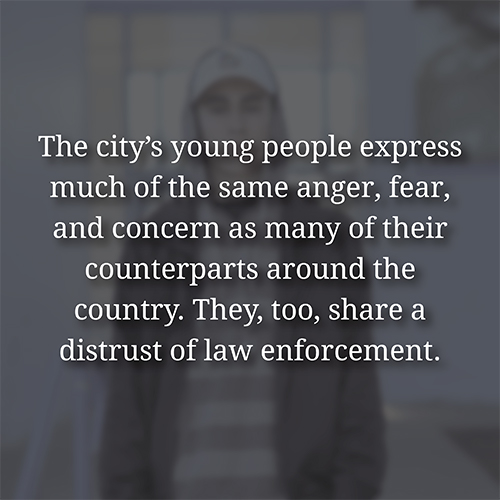
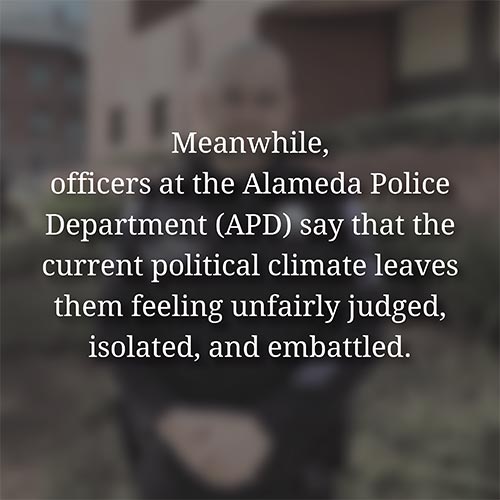
As we set out to bring these two groups into meaningful dialog, we started by interviewing five APD officers (there are more than 80 sworn officers in the department), including a Student Resource Officer stationed at Encinal High School. We then met with the roughly 25 students in Gene Kahane’s Sports and Literature class, composed mostly of juniors and seniors. We sat down for one-on-one interviews with nine of them. We asked everyone a few basic questions – what they thought of the other group, what they thought the other group thought of them, what they wanted to know about the other group, and what they wanted the other group to know about them. Then Aaron Reiss, who led the project, ferried the questions and answers back and forth between officers and students, doing additional reporting along the way.
Unlike a traditional news story, this piece is mostly comprised of large, continuous quotes from interviewees. Our goal was to make sure the participants’ words were heard. As with any story, this represents a small sliver of the the whole — just a glimpse of the longer conversations between students and officers. Each interviewee held a complex web of beliefs, opinions, and emotions. In some places, we’ve highlighted points of view from one person that were shared by many.
The conversation between students and officers was wide ranging. It moved from the complexities and potential abuses of “probable cause” standards to the emotional toll of policing on officers themselves, to 911 response procedure, and everywhere in between. This piece is an example of some of the dialogue that grew out of this interaction.
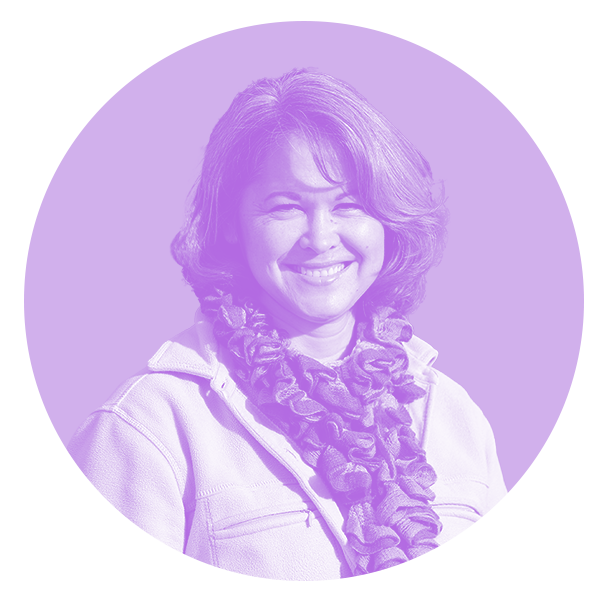
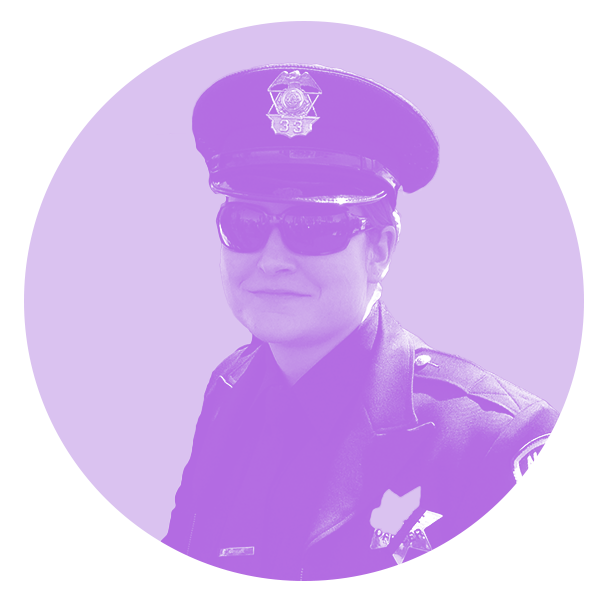
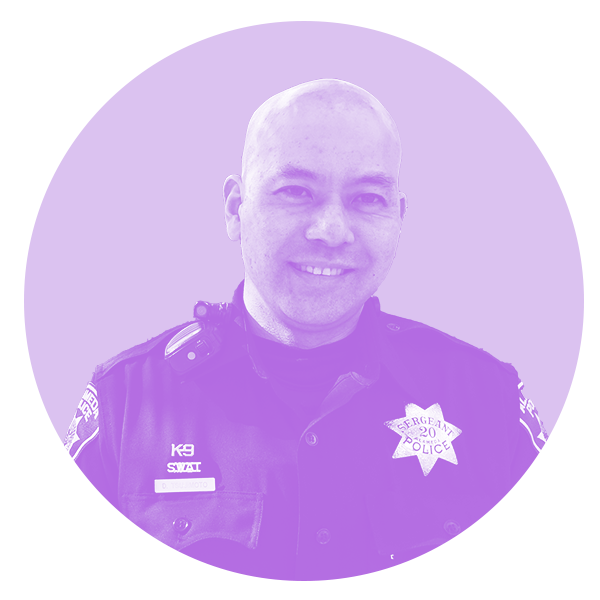
- Eileen (Sergeant)
- Alicea (Officer)
- Darin (Sergeant)
So we started there, with the officers’ desire to know how much of local mistrust or antipathy toward police was coming from the media; from footage and descriptions of violence in other places. And how much of it was coming from students’ lived experience.
We took this question to the students...

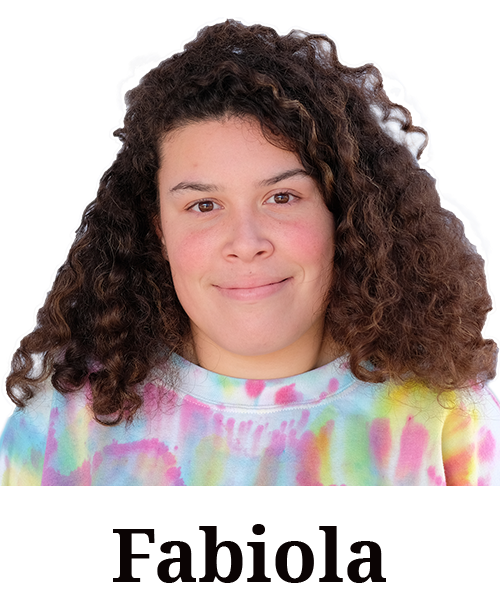
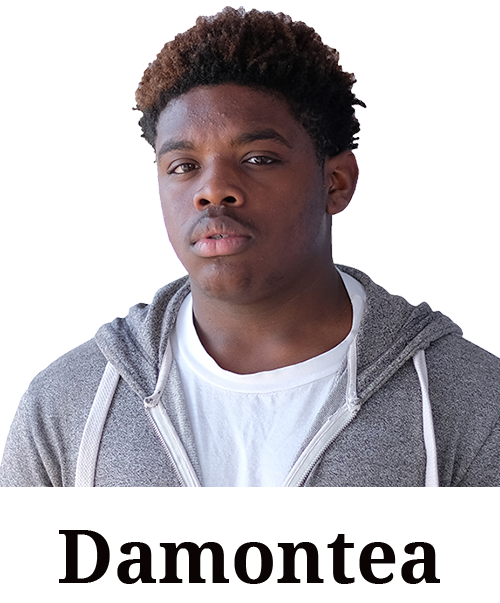
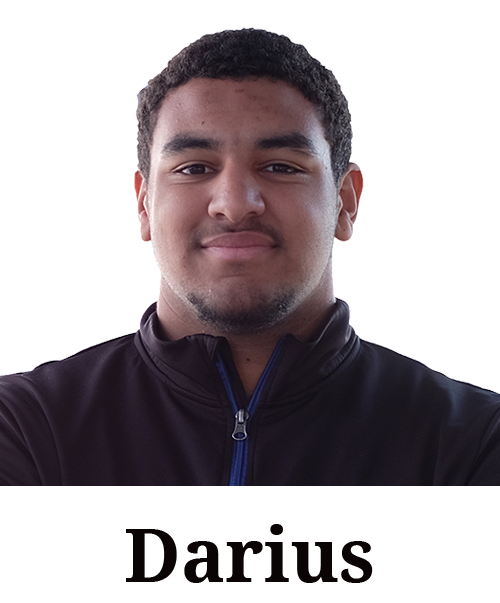
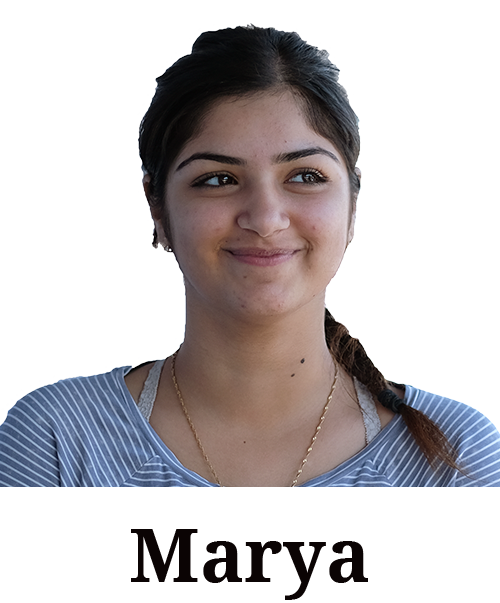
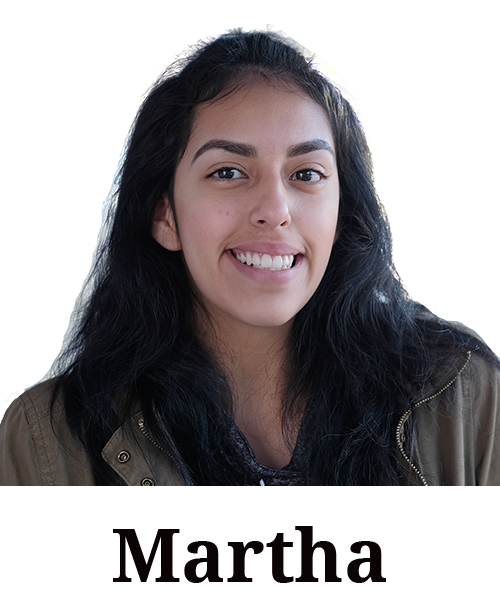
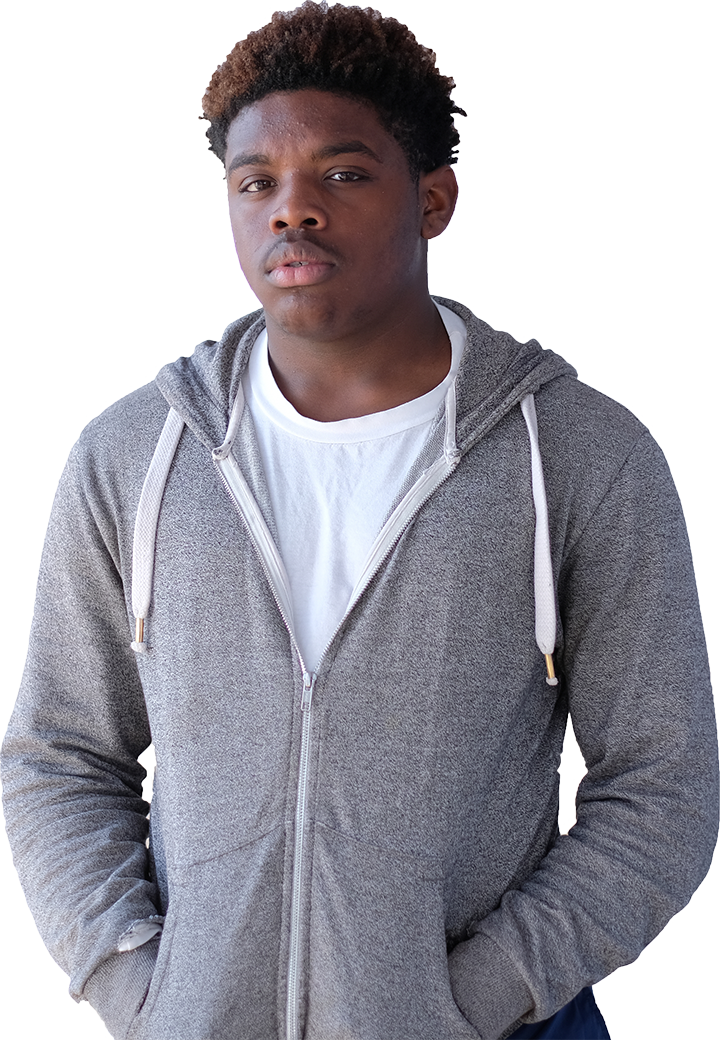
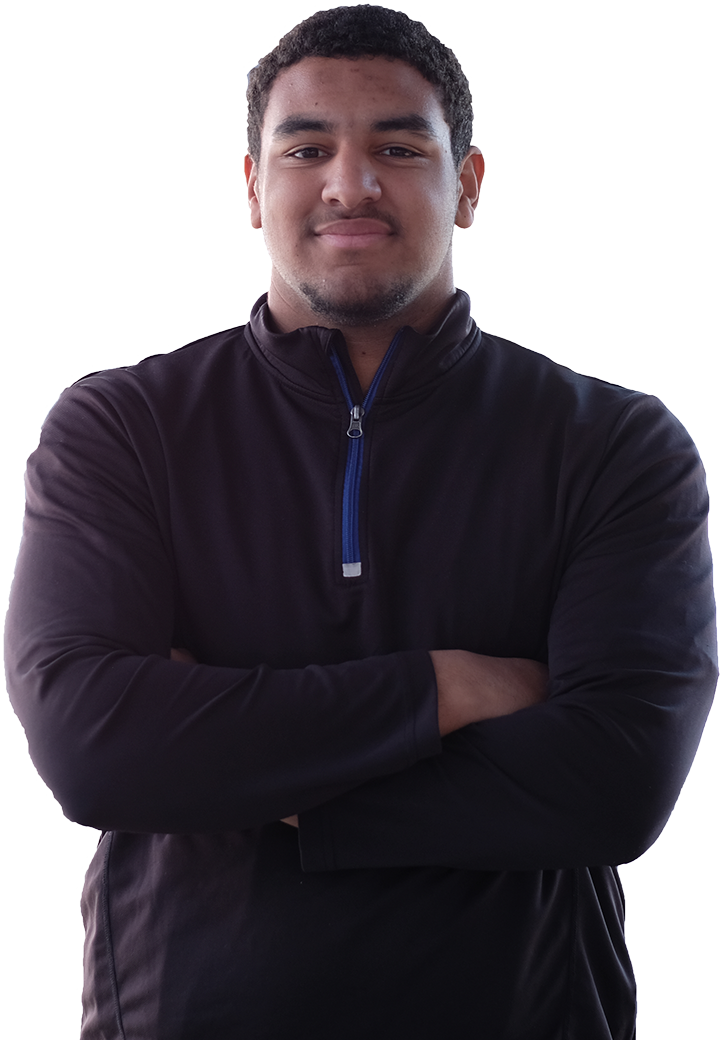
The feeling of being wrongly targeted by police officers was not uncommon among Kahane’s students. While students’ reactions were diverse, many did feel that police actions reflected racial biases.
In discussions about racial stereotyping and racial bias in policing, officers acknowledged that it is a society-wide problem: they spoke passionately about the seriousness of the issue, and how swiftly and severely it should be dealt with when identified. But when appraising police work in their own community, officers generally offered that they had not seen racial stereotyping or racial bias in Alameda. They did, however, talk about how their work sometimes requires them to filter through the racial biases of their community.
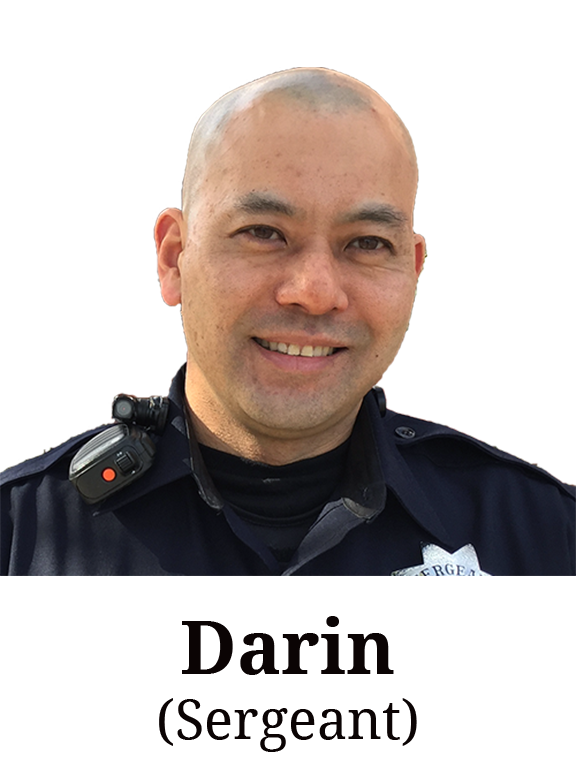
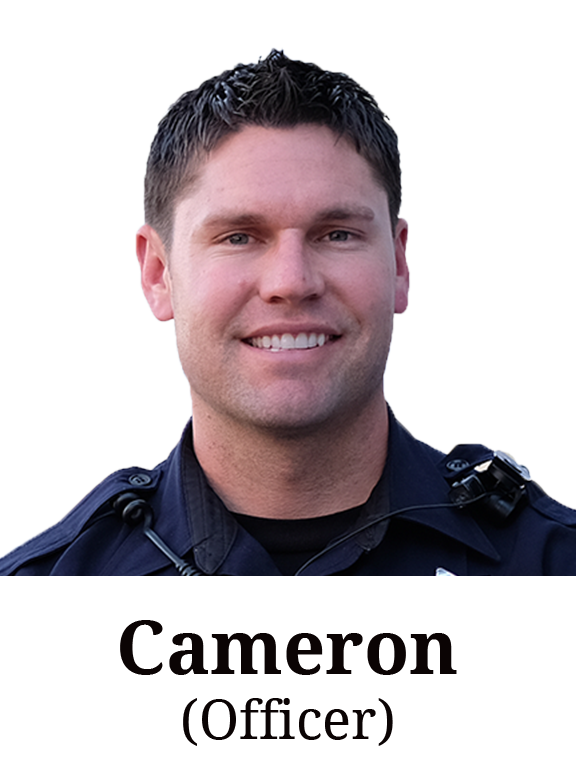
Regardless of their personal opinions of how race impacts policing in Alameda, officers are acutely aware of the national focus on these issues. A key thread in those conversations – often an accusation leveled at police – is that all officers act based on racial bias, whether they know it or not. Research shows that all police, like all people, have implicit biases, which are internal, unconscious ideas that guide their actions and reactions. Alicea, who has been an officer at the APD for 10 years, participates in one such academic study of implicit bias training for police, led by faculty in UC Berkeley’s Public Policy Department.
Many officers have had first-hand exposure to local racism and bias. Dave, a 25-year veteran of the APD, told a story from years ago, when he responded to a 911 call at the Alameda home of a white family, only to have the family ask him to go away and send back a white police officer. Perhaps most interesting to students, is that the police felt they could be instruments of the biases of community members. Several interviewed officers recalled frustration and anger in times when they were responsible for responding to calls they felt were overtly motivated by race.

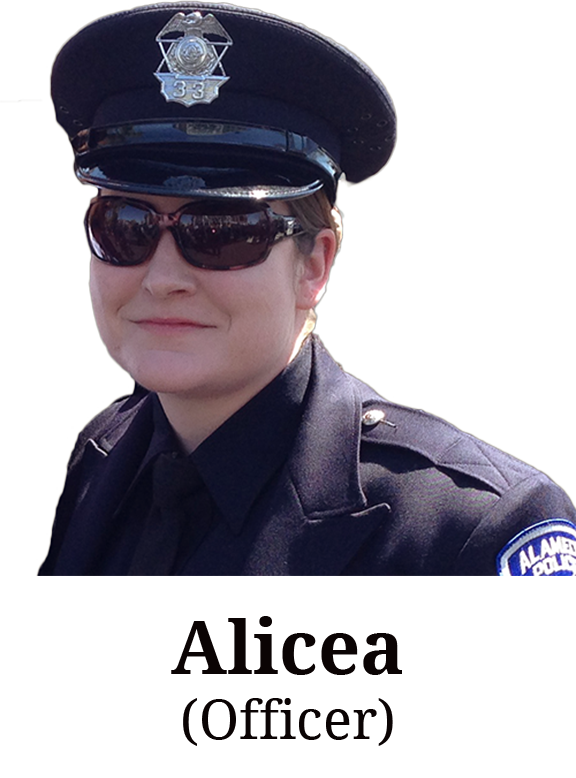
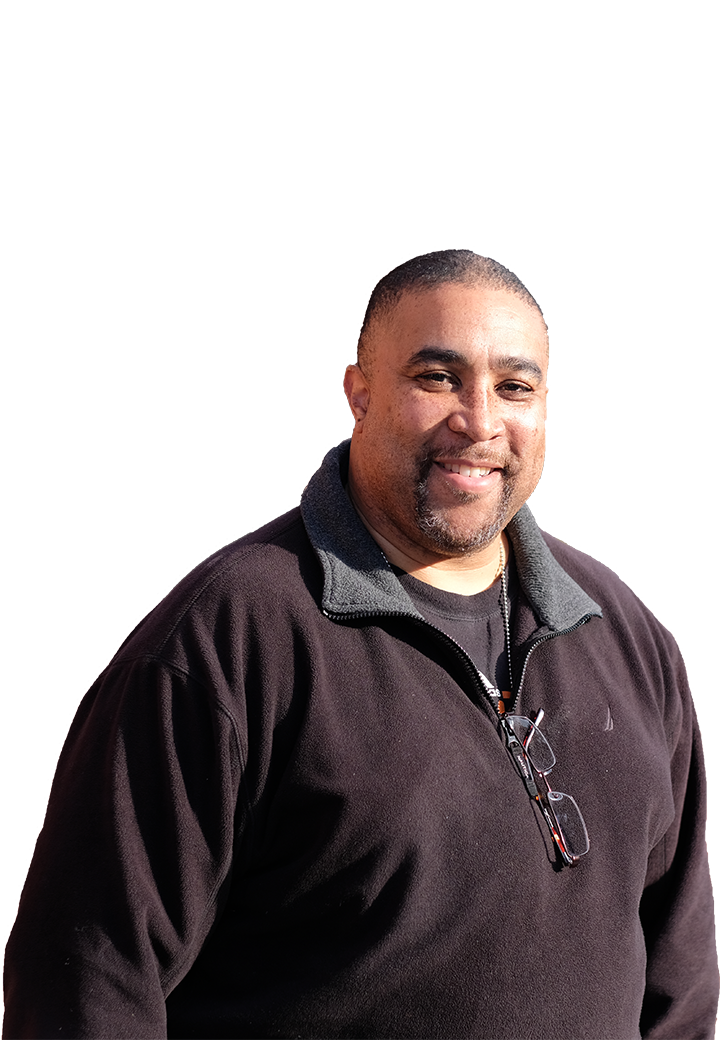
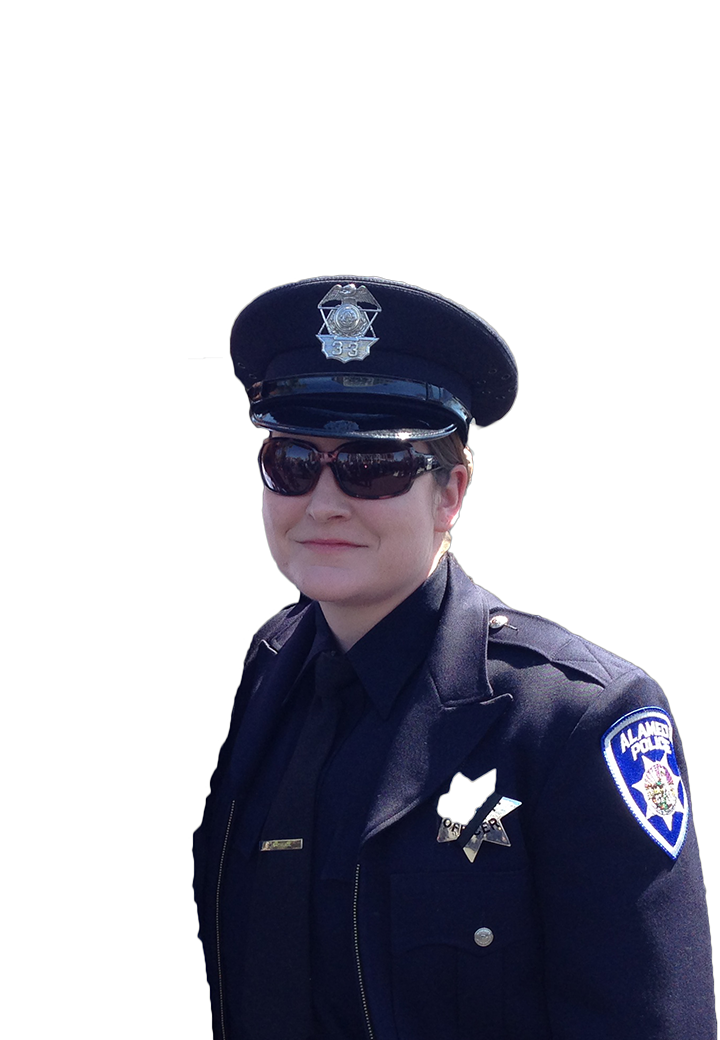
For students, these stories brought on a powerful realization: that officers witness bias, and are willing to open up about it. It brought out in these young people impassioned responses and new questions. Many connected experiences of officers like Dave and Alicea to the calls for increased police accountability that they see in the news and on social media. And they voiced a strong desire for officers to speak up about wrongs they see in a more public way.




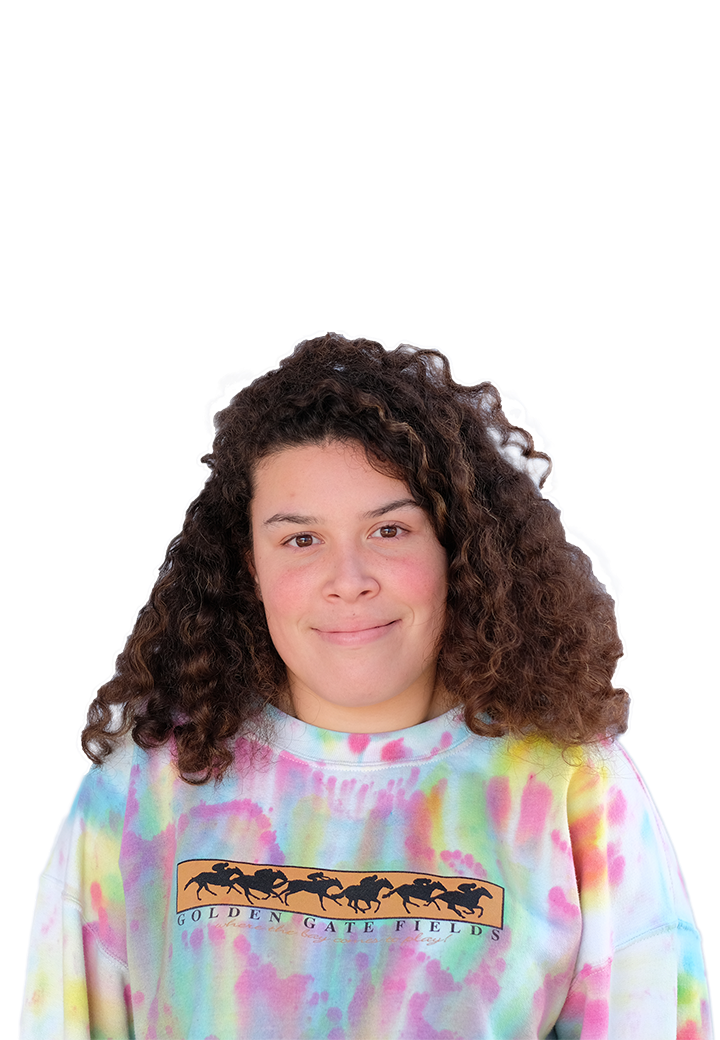
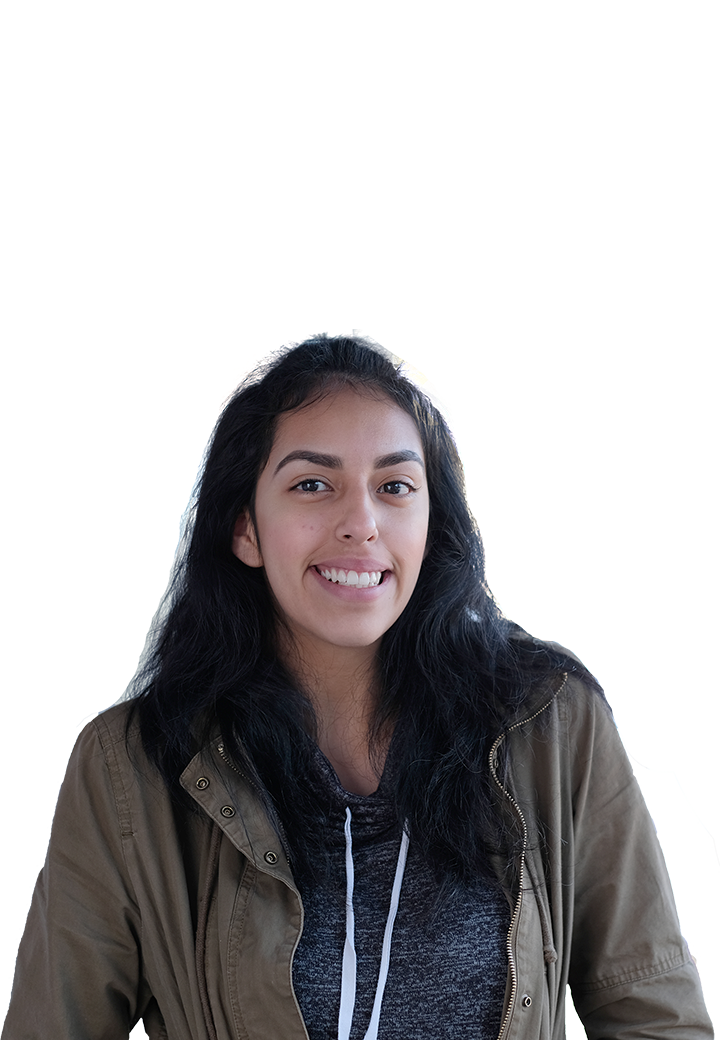

As officers listened to responses from students, they expressed feelings and opinions that get to the heart of what it means to balance personal thought and beliefs with professional duty and sense of responsibility.

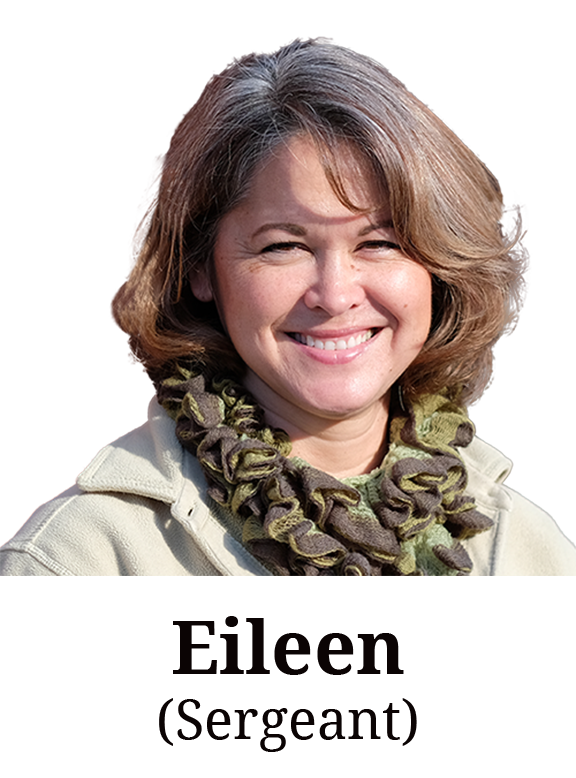


This project was conceived of by Spaceship Media, a nonprofit that aims to broker conversations between groups at odds. With officers and students in Alameda, we provided space where questions could be asked, and we helped flesh out and dig deeper into the answers we found.
These conversations were not always comfortable and were not always easy. But they were real attempts to bridge misunderstanding and misconceptions between police officers and young people in Alameda. Spaceship Media will continue to explore new ways to use reporting to build an appreciation and understanding the world we share, and the complexity of the roles we inhabit.
We are grateful to the students of Encinal High School and the officers of Alameda for their generosity and openness. This project was only made possible by the support of Alameda Police Police Chief Paul Rolleri and Gene Kahane at Encinal High School. We are grateful for their curiosity and trust as they worked with us to dig into a deeper conversation.
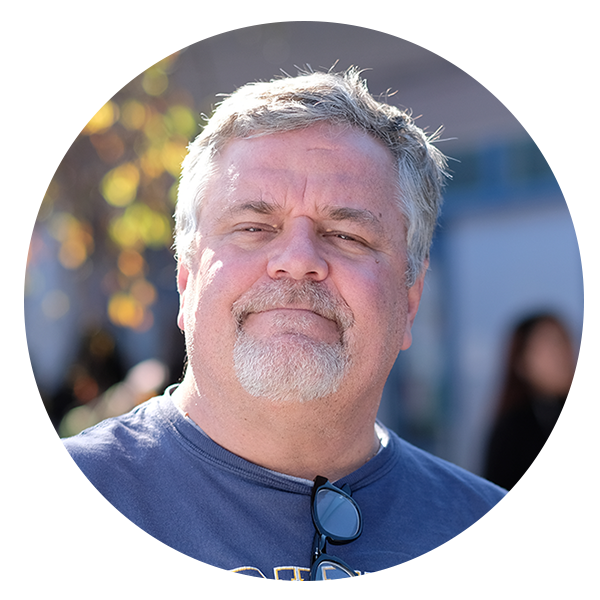
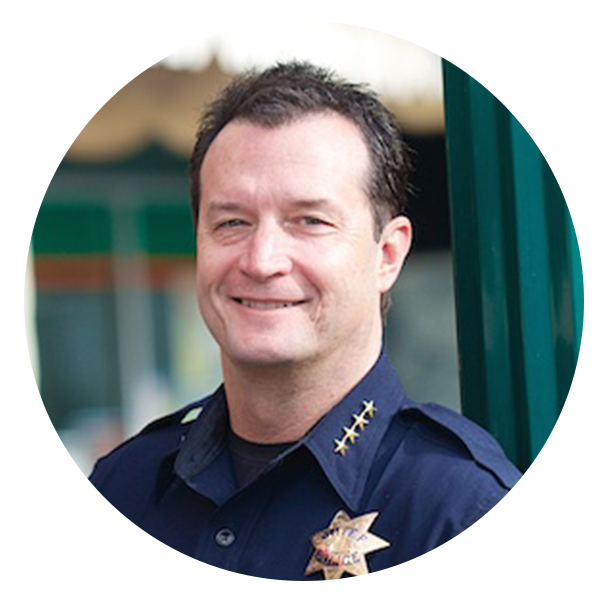
“I spent a lot of the summer watching the Black Lives Matter protests and thinking what I might do to help connect two groups I respect and support: my students and the police in our community.”
“There's a temptation to just sort of put up defense shields and keep doing what you're doing. This project gave us an opportunity to listen to other people's perspectives while being able to express our own.”
